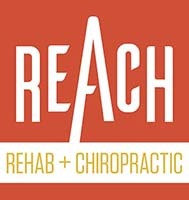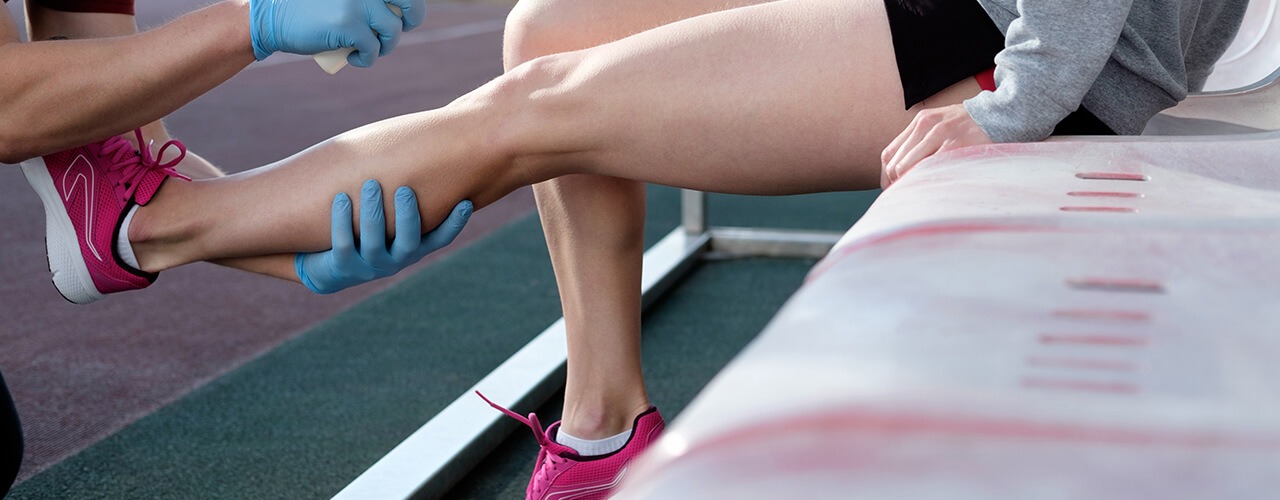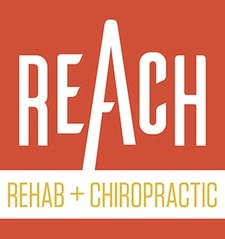What classifies a sports injury clinic?
The obvious answer to, “what classifies a sports injury clinic?” is a clinic that treats sports injuries, right?
But here’s the thing, there’s a wide variety of sports injury clinics from conservative treatment and rehabilitation to medication and surgery. Not to mention, if it’s not severe, you can treat your own sports injury.
Sometimes the best route is to wait it out (that has a nice ring to it!). But other times, it’s prudent to have a professional take a look.
How do you know if getting treated at a sports injury clinic is worth it?
Here’s the quick and easy answer: If you participate in sports where the pain limits your ability to be physically active, go to a sports injury clinic.
Here’s the caveat: If your injury was the result of a trauma, e.g., someone fell on your leg, and you heard your knee pop, get imaging to rule out a structural injury.
Fractures and tears are structural injuries that can occur in a traumatic accident. But so do bumps, bruises, sprains, and strains. An x-ray can tell you if the trauma resulted in a fracture, whereas an MRI can tell if you suffered ligamentous damage such as a torn anterior cruciate ligament (ACL).
Bumps, bruises, sprains, and strains heal with time. But what if the pain doesn’t go away once you’ve recovered?
The research shows the greatest risk of injury is reinjuring a previous injury. So, what can you do to reduce the risk (you can’t 100% prevent injuries) of the same problem from happening again?
That’s where a quality sports injury clinic comes in.
How do I know I’m at the right sports injury clinic?
Just because they say “sports” in their title does not mean they’re a quality sports injury clinic, much less one at all.
First and foremost, the clinic should feel like they treat athletes. Don’t get fooled by a bunch of sports memorabilia on the wall. The proof is in the pudding. Athletes tell me they know they’re seeing the right chiropractor when they see the weightlifting rack in our performance rehab room.
Sports require athletes to generate and control movement, i.e., know how to use the gas and the brakes, in three planes of motion. And it’s reactive. Athletes must be able to pivot and change direction at a moment’s notice subconsciously.
Stuff happens. Someone can fall on your ankle, causing an ankle sprain. However, any physical limitations or insufficiencies increase the risk of non-contact injury. And they’re common!
An injury causes compensation elsewhere in the body and must be appropriately rehabbed to reduce a reinjury risk. Having the means to work one-on-one with athletes to coach them on how to control their body requires proper equipment, e.g., free weights, bands, pulley machines.
Most chiropractors don’t have the space for physical rehabilitation more than a few bands and balls (if that). Every physical therapy clinic has exercise equipment. However, if they don’t have free weights, squat racks, pullup bars, kettlebells, medicine balls, box jump boxes, etc. it’s not the right place.
Checking out a sports injury clinic for the first time? Keep an eye out for these red flags:
- If the treatment is the same old song and dance every time, it’s not the right sports injury clinic.
- If they’re not modifying your treatments and your progress through recovery, it’s not the right clinic.
- If they aren’t teaching you valuable strategies to maintain your progress, so you don’t fall back into the injury cycle, it’s not the right clinic.
- If you’re not exercising as a part of the treatment plan, it’s not a real sports injury clinic at all.
- If they’re selling you an up-front package for multiple visits per week for months, it’s not a good clinic at all.
Sports injury clinic near Plymouth, Canton, Northville, and Livonia, Michigan
We’re not going to be bashful. And you’re smart. You’ve picked up at this point: REACH is a sports injury clinic.
We treat a wide variety of sports injuries. Our knack helps people get out of pain from non-contact injuries, then teaching them how to stabilize and strengthen to improve performance while simultaneously reducing the risk of reinjury.
As an athlete himself, Dr. Burr specializes in treating rotational, weightlifting, endurance, and recreational athletes. Further, Dr. Burr’s passion helps the person who’s motivated to be more active, but pain and fear of injury hold them back from doing what they love!


